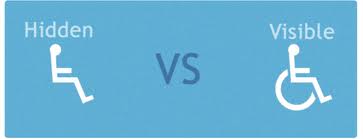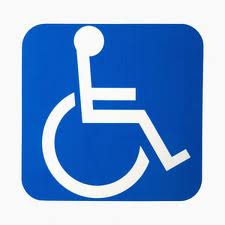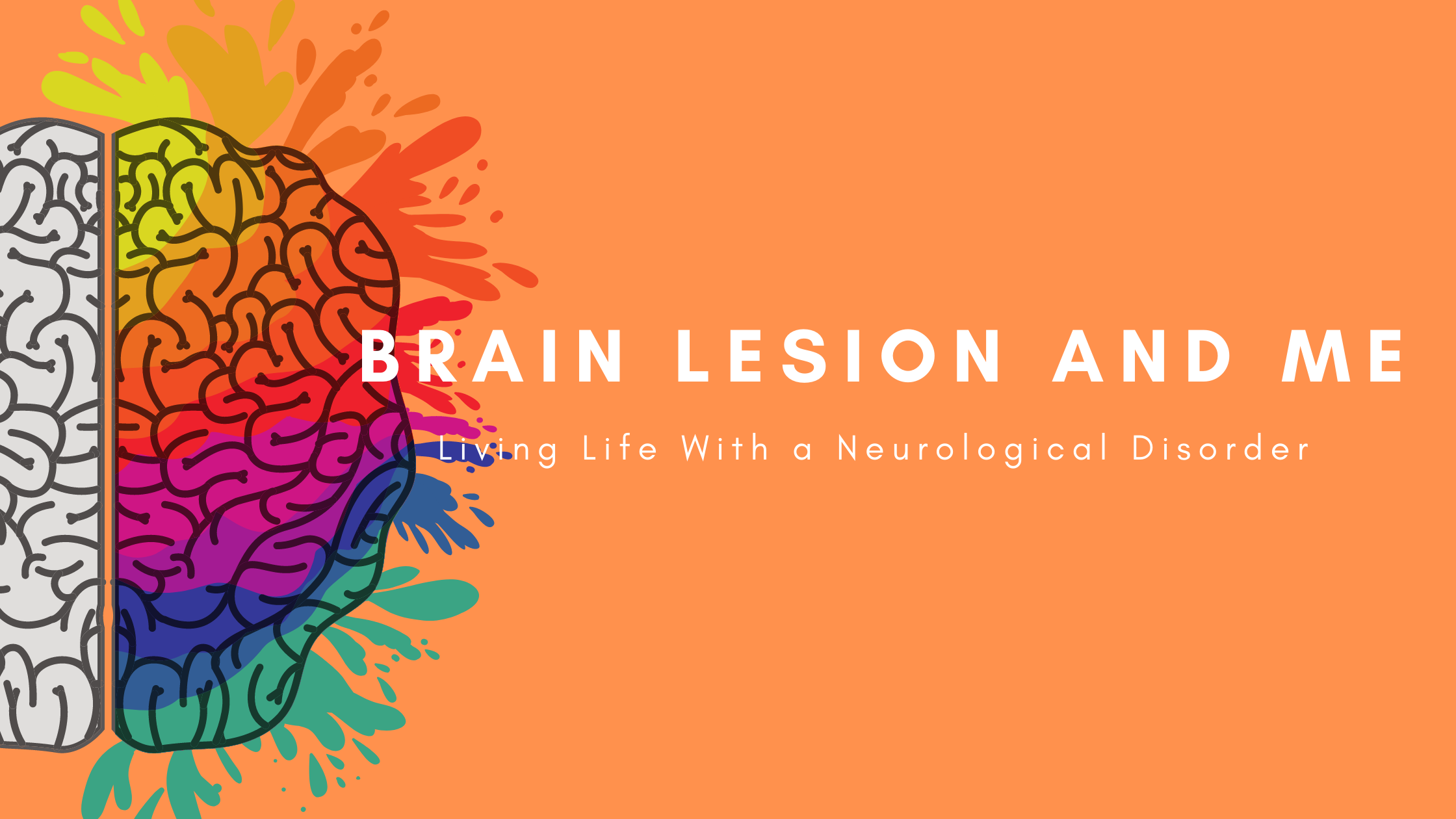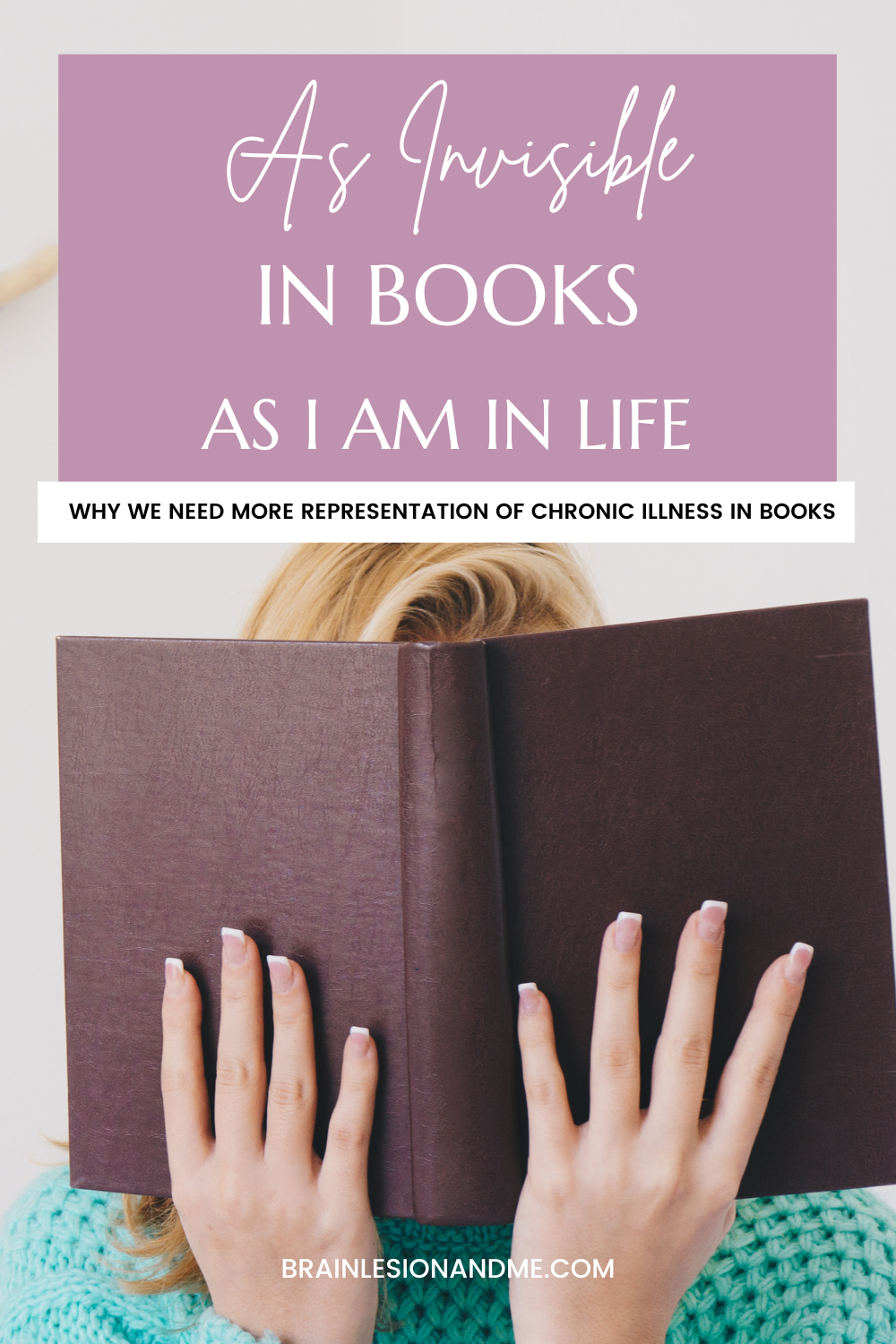NHBPM Day Twelve: Invisible Disabilities vs. Visible Disabilities

Another day, and another blog post as part of the annual WEGO Health ‘National Health Blog Post Month’. Again, I have decided to use one of the bonus prompts provided for today’s post. The prompt that I have chosen really caught my eye; and even more so now, as before my condition deteriorated and started using mobility aids such as my trusted crutch, my condition was very much invisible – even when I am not using the stick, you would never realise that there was anything wrong by looking at me; some may say that I look perfectly healthy. However, slowly and surely it has become more evident that I do have a disability – from using my crutch, to my unsteady gait. And now, when I am out and about for long periods, I have the use of a wheelchair. So now my condition/disability has gone from invisible to become a visible one.

Which got me thinking about the pros and cons of both invisible and visible conditions/disabilities. If you were to become ill – which would you prefer a visible one or an invisible one? Let’s discuss some of the advantages and disadvantages of each…
For starters, in terms of invisible conditions, in my opinion you are much more in control regarding the disclosure of the condition to others, whether it be friends and acquaintances, or employers. Some conditions can produce symptoms which may be embarrassing and hard to talk about; or perhaps the condition is difficult to explain; or the disability may have a huge stigma attached to it, such as fibromyalgia or major depression. However, as these are invisible, then you are under no obligation to disclose such information to avoid such discrimination.
However, those with visible disabilities, obviously have no choice but to disclose the exact nature of their condition, as unlike with invisible disabilities, those which are visible are immediately obvious. This then causes a lot of questions to be asked, and one of the cons of visible disability that people may immediately judge the individual’s abilities – which of course, may be completely inaccurate. They be patronising and condescending towards the individual; treat them as they do not have a brain or a child that needs to be handled with kid gloves. For instance, last week saw the first time I needed to use my wheelchair for an extended period of time, and found that in some shops they spoke to my personal assistant than myself, as if they thought that because I was in a wheelchair and obviously disabled than I didn’t have a brain and couldn’t speak for myself!

So, a major pro of invisible illnesses is that people treat you like everyone else – obviously as they have no idea that there is anything wrong. There are no judgements made about the abilities of the individual. The individual is seen for the person they are instead of the condition that they have.
However, on the other hand, life with an invisible disability is hard; if people in their life know about the condition, then it is often the case that those people are suspicious of the invisible disability or condition as they are no outward signs that there is anything wrong. People often assume that as the person appears normal and healthy than there couldn’t possibly be anything wrong; that it must ‘be all in their head’. Invisible disabilities and conditions are very often misunderstood and stigmatised; even doctors are often sceptical when patients exhibit symptoms such as stomach aches, dizziness; symptoms whose outward signs cannot be seen, and are subjective. When I presented with dizziness, and no cause could be found (not that they really tried searching for answers) then they came to the conclusion that it was due to psychological factors such as anxiety and stress that was the cause. These assumptions are often made by doctors whose patient has an invisible condition; and which often leaves them waiting a long time for a diagnosis.

That must be another pro for the visible disability side – it must be the case that visible disabilities are much easier to diagnose – as there is that outward sign that there is something wrong. An advantage in that there are no suspicions that the person may be faking or exaggerating their symptoms. Although, many places within the UK may disagree as there have been reports attacks against disabled people have increased, when I used the wheelchair however, I found that people were incredibly friendly towards me, and more willing to help, such as opening doors for me, shop assistant more willing to help me find what I needed from the store as well as helping my personal assistant to lift my wheelchair onto the pavement when there were no flat ramp.
I would love to know all of your thoughts – imagine you were to have a chronic health or disability – would you rather have one which was visible or one which was invisible? And why?
Or are there any pros and cons that I may have missed? Let me know!




Maddy
Interesting discussion, sometimes i wish I didn’t have to use my chair, (i have rsd) as I am sick of not having any privacy, everyone thinks is their business to talk to/ about me and find out intimate details of my life. Oh and touch me! Just cos I’m in a chair doesn’t mean I’m a child, I don’t like being touched by random strangers in public! I suppose another thing about being in a chair is constantly worrying about access, can i actually get in where I want to go? Just something more to add to the discussion!
rhiannlouise
Hi Maddy
Thank you so much for your reply. You have made some excellent points here and am thanful that you have made them! I am new at using a wheelchair, and do not use it all the time, only when I am out for long periods – sounds as though people should be a lot more considerate to people in wheelchairs – I noticed that people talked to my PA rather than me assuming that I cannot speak for myself, am stupid – hello, I have an undergraduate degree in Psychology!!
Your point was spot on with the accessibility issue – I never thought about that when writing the post! I suppose, able-bodied people take for granted being able to easily access services and buildings, failing to think about those who are less abled and in wheelchairs, etc. Now, needing a crutch all the time, and using a wheelchair, I can really empathise with finding certain places and shops, etc not having that accessibility.
Thank you for bringing this topic to light!
Take Care
Rhiann x
Barbara
I only know what it is like to live with an invisible diability, so I cannot compare which is better. Sometimes I wish people could see that I’m disabled, so that I wouldn’t have to explain each time – and get those strange looks of unbelief in return. I hate questions about my job, because then I have to explain why I don’t work and people get this look again (“oh, she is just too lazy and trying to make up an excuse”). On the other hand I wouldn’t want to be treated like a baby only because of a (visible) disability.
rhiannlouise
Thank you for reply Barbara, yes, you are right invisible illnesses and disability are really hard to live with as they cannot be seen, so there is a real lack of understanding, and as you said, people can be very judgemental in their beliefs towards you, i.e believing you are faking or overexaggerating, and being classed as ‘lazy’
Pingback: NHBPM Day 30: Recap | My Brain Lesion and Me
Pingback: Brief Background On Disabilities and The Author – Promoting Disability Inclusivity